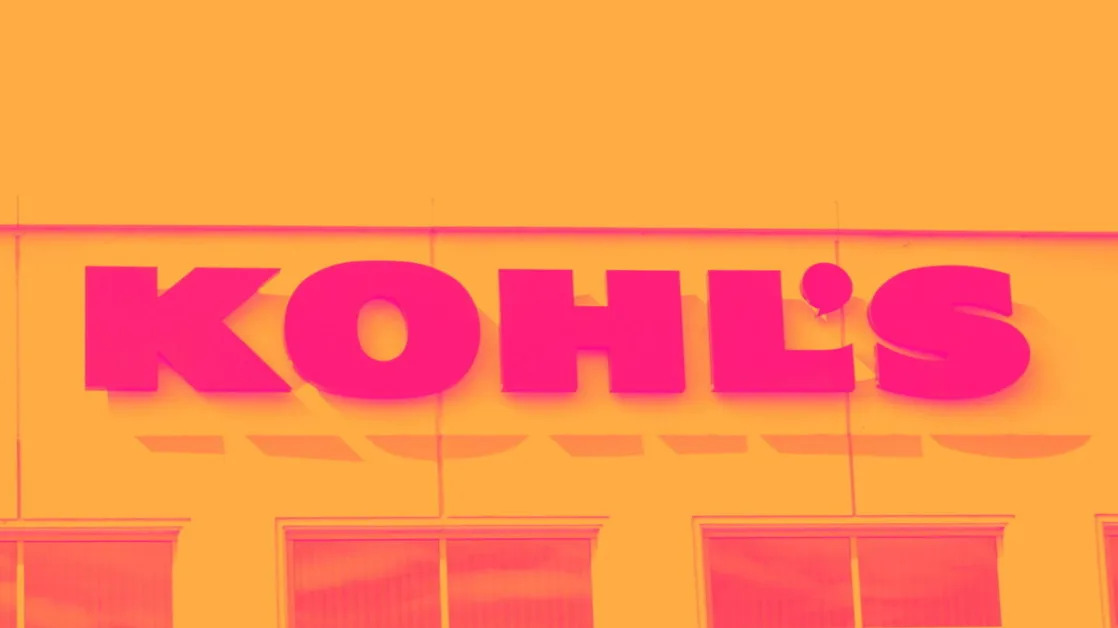
3 Cash-Producing Stocks in Hot Water
A company that generates cash isn’t automatically a winner. Some businesses stockpile cash but fail to reinvest wisely, limiting their ability to expand.
Cash flow is valuable, but it’s not everything - StockStory helps you identify the companies that truly put it to work. That said, here are three cash-producing companies to steer clear of and a few better alternatives.
Kohl's (KSS)
Trailing 12-Month Free Cash Flow Margin: 1.1%
Founded as a corner grocery store in Milwaukee, Wisconsin, Kohl’s (NYSE:KSS) is a department store chain that sells clothing, cosmetics, electronics, and home goods.
Why Do We Steer Clear of KSS?
-
Disappointing same-store sales over the past two years show customers aren’t responding well to its product selection and store experience
-
Earnings per share decreased by more than its revenue over the last five years, showing each sale was less profitable
-
6× net-debt-to-EBITDA ratio makes lenders less willing to extend additional capital, potentially necessitating dilutive equity offerings
At $7.09 per share, Kohl's trades at 5.6x forward price-to-earnings. To fully understand why you should be careful with KSS, check out our full research report (it’s free) .
Clorox (CLX)
Trailing 12-Month Free Cash Flow Margin: 9.7%
Founded in 1913 with bleach as the sole product offering, Clorox (NYSE:CLX) today is a consumer products giant whose product portfolio spans everything from bleach to skincare to salad dressing to kitty litter.
Why Does CLX Fall Short?
-
Sales stagnated over the last three years and signal the need for new growth strategies
-
Projected sales for the next 12 months are flat and suggest demand will be subdued
-
Free cash flow margin has stayed in place over the last year
Clorox is trading at $141.50 per share, or 20x forward price-to-earnings. If you’re considering CLX for your portfolio, see our FREE research report to learn more .
Sealed Air (SEE)
Trailing 12-Month Free Cash Flow Margin: 9.4%
Founded in 1960, Sealed Air Corporation (NYSE: SEE) specializes in the development and production of protective and food packaging solutions, serving a variety of industries.
Why Do We Pass on SEE?
-
Declining unit sales over the past two years suggest it might have to lower prices to accelerate growth
-
Performance over the past two years shows each sale was less profitable as its earnings per share dropped by 12.3% annually, worse than its revenue
-
Waning returns on capital imply its previous profit engines are losing steam
Sealed Air’s stock price of $27.45 implies a valuation ratio of 8.6x forward price-to-earnings. Read our free research report to see why you should think twice about including SEE in your portfolio, it’s free .